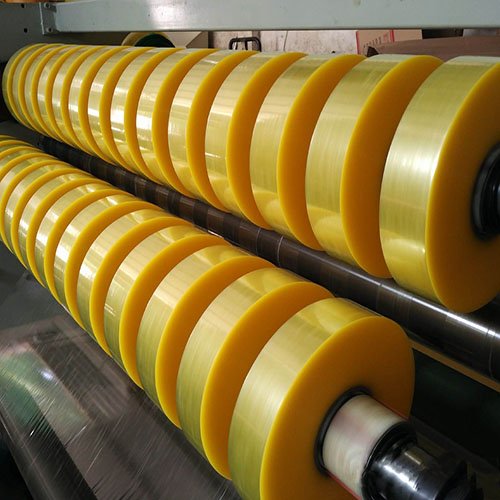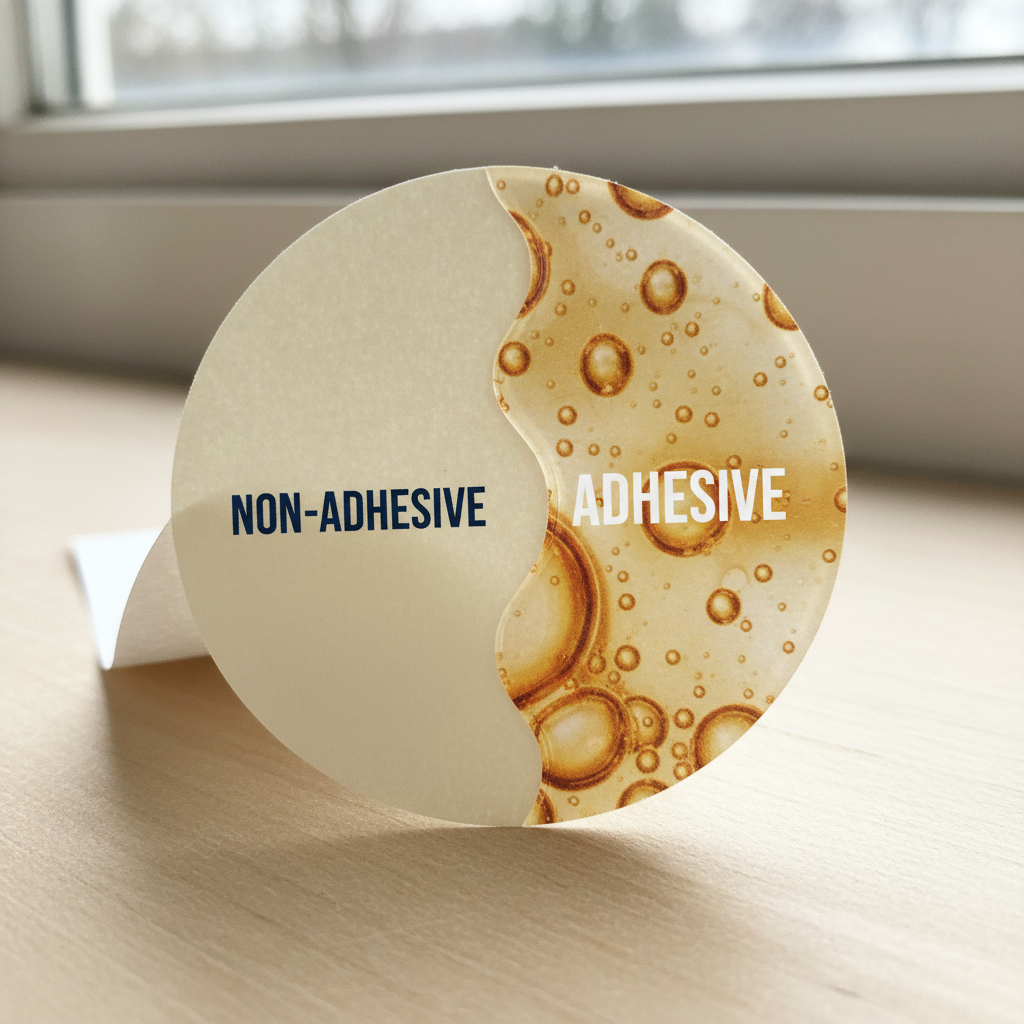Paint Protection Film: Effectiveness and Business Applications
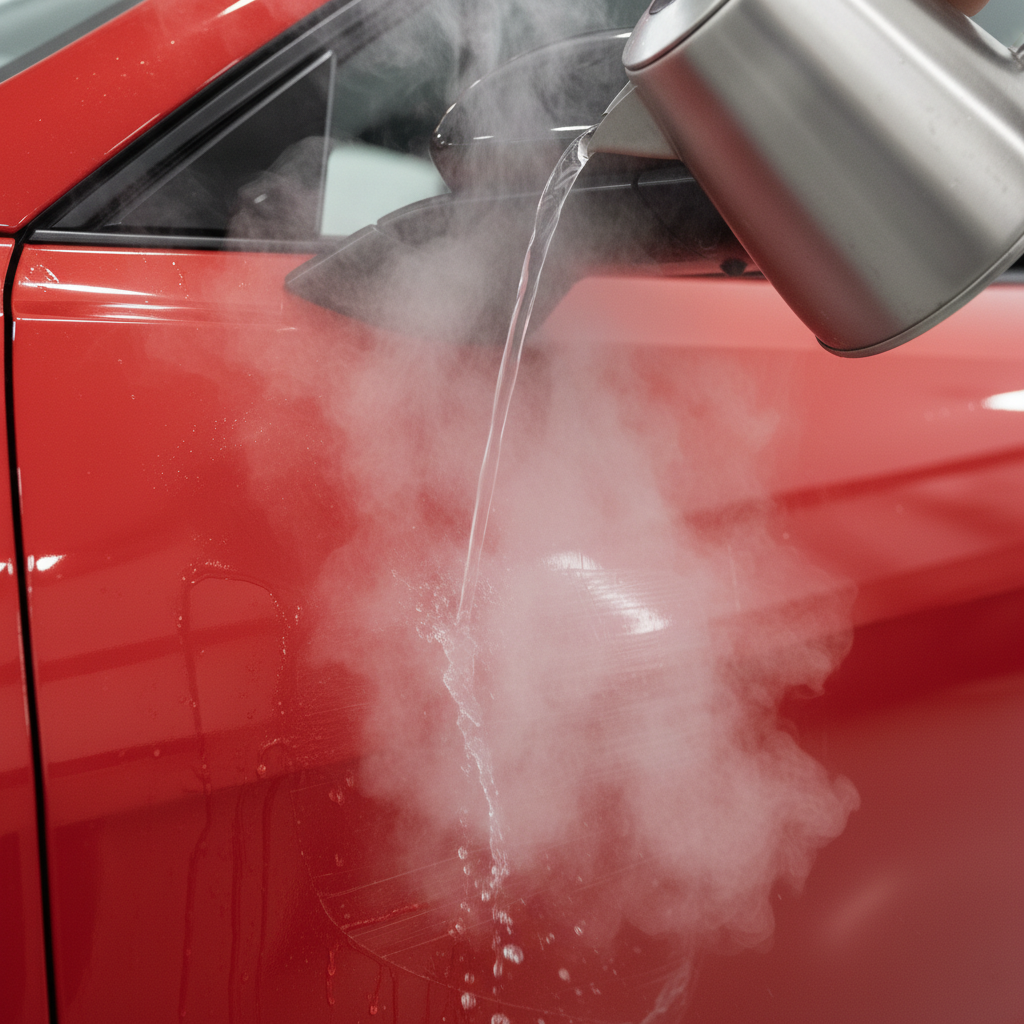
Meta Description: Understand how paint protection film works technically and explore its potential as a profitable service for automotive businesses seeking revenue diversification and customer retention.
Introduction
Paint protection film (PPF) has evolved from a niche product to a mainstream automotive solution. This article examines both its technical performance and commercial viability for service providers.
How Paint Protection Film Works: The Technical Foundation
PPF operates as a transparent, multi-layer shield bonded to vehicle surfaces. The technology combines durability with functionality through specific material properties:
• Impact Absorption Layer: Flexible polymer base absorbs energy from road debris
• Self-Healing Topcoat: Thermoplastic polyurethane heals minor scratches with heat
• UV Inhibitors: Prevents oxidation and color fading
• Hydrophobic Surface: Repels water and contaminants
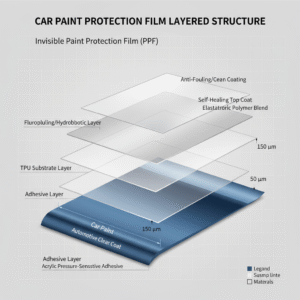
Evidence of Performance and Protection Capabilities
Testing under controlled conditions demonstrates PPF’s protective qualities:
• Stone Chip Resistance: Reduces paint damage by 85-90% in standardized tests
• Chemical Stability: Maintains integrity when exposed to automotive fluids and environmental contaminants
• Temperature Tolerance: Functions across -30°C to 80°C without cracking or yellowing
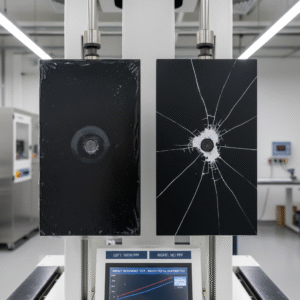
Real-World Performance Metrics
Long-term studies of PPF performance show:
• 5-Year Durability: Maintains optical clarity and protection through extended weather exposure
• Self-Healing Effectiveness: Removes swirl marks and light scratches within hours through solar heat or warm water
• Paint Preservation: Vehicles with PPF show 95%+ paint integrity after 3 years versus 60-70% for unprotected vehicles
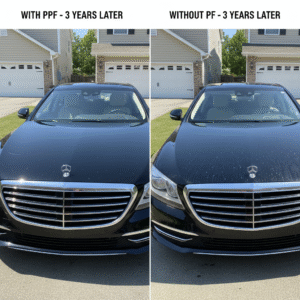
Business Applications for Automotive Service Providers
Revenue Generation Opportunities
• High-margin installations (50%+ gross margins)
• New vehicle sales integration
• Service department upsell programs
Competitive Differentiation
• Positioning as comprehensive care provider
• Attracting high-value vehicle owners
• Building long-term customer relationships
Implementation Considerations
Successful PPF service integration requires:
• Technical Training: Certification programs for proper installation techniques
• Equipment Investment: Precision cutting systems and application tools
• Quality Assurance: Warranty programs and customer satisfaction protocols
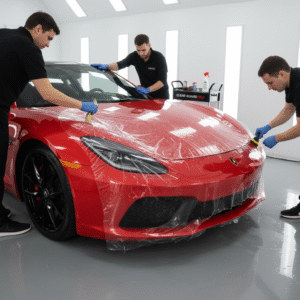
Limitations and Realistic Expectations
While PPF provides substantial protection, it cannot:
• Prevent damage from major collisions
• Protect against intentional vandalism
• Eliminate all risk in extreme driving conditions
Conclusion
Paint protection film represents both a proven protective technology and a viable business opportunity. For automotive service providers, it offers a path to revenue diversification while delivering measurable value to customers seeking long-term vehicle preservation.


